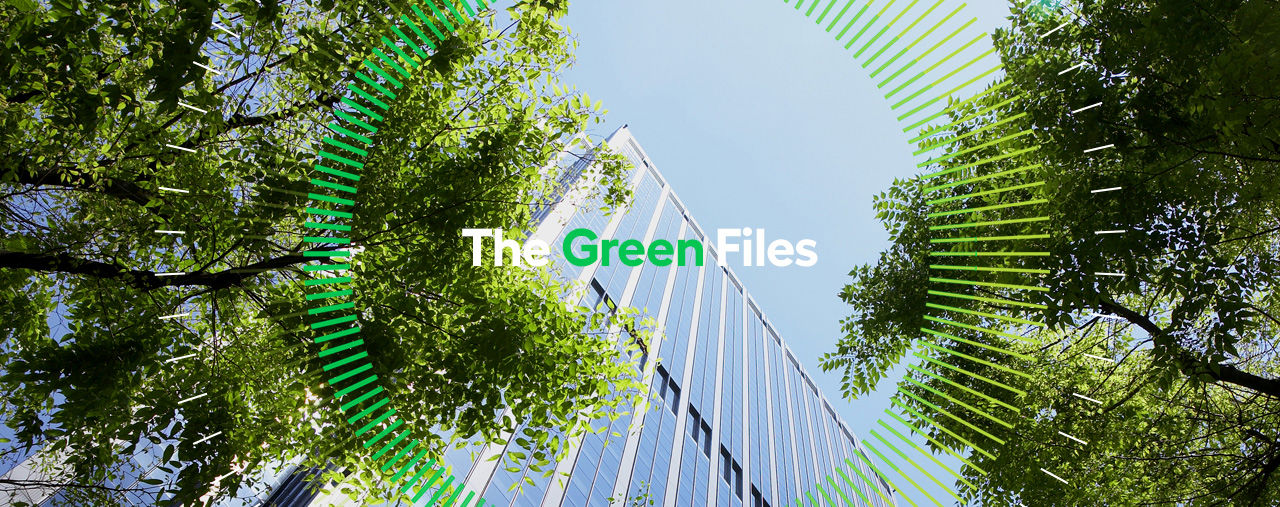
Leeanne Bond on bringing climate into Board conversations
The Green Files is a unique CEFC series where we talk to the people making a difference in the race to net zero emissions.
1 August 2022
When Leeanne Bond decided to study Chemical Engineering at Queensland University, she never envisaged that her career path would take her into governance. However, since becoming the Queensland President of Engineers Australia in 2002, Leeanne pivoted to a portfolio career with a number of Board roles. Currently she is the Executive Chair of Mining3, and a Non-Executive Director of Synertec Corporation, Aurecon Group, Snowy Hydro and the Clean Energy Finance Corporation.
Putting climate firmly on the agenda
One issue that’s increasingly prevalent in the boardroom is climate. “The transition to clean energy is happening so quickly. I feel like we have spent a long time waiting for this, knowing that a lot of disruption would be involved – but the watershed moment has now arrived,” says Leeanne. “Even in the last three years, conversations have sped up and change is occurring faster than many people expected. And while we’re aware of the challenges, I think it is safe to say that every board is embracing the opportunities that this transition is presenting.
As a director, your role is to set the strategic course of your company in collaboration with management, and assess risk with a long-term shareholder view. There’s been a growing understanding of what that means when there’s a challenge like climate change to consider. In my mind, what we’re now seeing is a world where investors and employees are making decisions about where they want to be, and challenging companies based on their long-term prospects.Leeanne BondExecutive Chair of Mining3, and a Non-Executive Director of Synertec Corporation, Aurecon Group, Snowy Hydro and the Clean Energy Finance Corporation
Diverse backgrounds driving better outcomes
When it comes to her own accomplishments as a Board director, Leeanne is quick to credit her engineering background – and also to comment on how her perception of the profession has changed. “When I did my training, most people believed that engineering was about technical skill – which it is,” she explains. “But as you progress, you grow in your understanding of all the other dimensions that are involved, like people and technology. Social impact and the role of ESG are huge factors now too. These multiple dimensions do make engineering more challenging – the complexities may have been there thirty years ago, but they are certainly more apparent now.
“My focus now is very firmly on the energy transition and decarbonising for a low carbon economy in response to the challenge of climate change. My engineering background means I take a systems approach to solving these challenges.
“I’ve always thought engineering to be a very creative profession. It’s all about looking at the different facets of a problem or scenario and working out what the solution could be. And it’s certainly about working with people. The technical skills won’t get you where you need to be if other people aren’t with you on the journey.”
Leeanne also hopes to see more engineers follow in her footsteps into the boardroom, particularly women – and to that end, she sponsors a scholarship for first-year female engineering students to support young women entering the field. “We need female engineers to be visible and provide mentoring for girls and young women to consider careers like this, which may still be seen as ‘non-traditional’,” Leeanne says.
More female engineers means greater diversity of thought, and we know that diversity and inclusion leads to better outcomes.Leeanne BondExecutive Chair of Mining3, and a Non-Executive Director of Synertec Corporation, Aurecon Group, Snowy Hydro and the Clean Energy Finance Corporation
Facing the future
When it comes to the question of ‘what’s next?’, Leeanne is optimistic, noting the shift in priorities for those entering the resources sector. “It’s a fantastic time to be an engineer and to be involved both with building and operating assets like Snowy Hydro, and also with the CEFC providing finance (both debt and equity) to sectors across the economy to assist in decarbonisation.
“So much has changed since I left uni – now everyone wants to work in renewables, the water industry or sustainability! It’s a huge shift, and the CEFC is playing an important part in it.”




